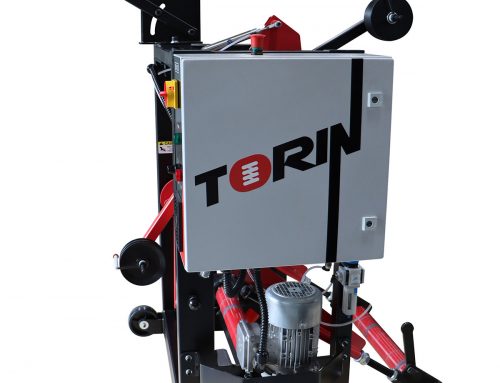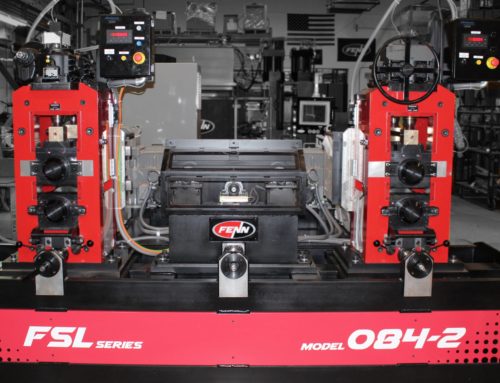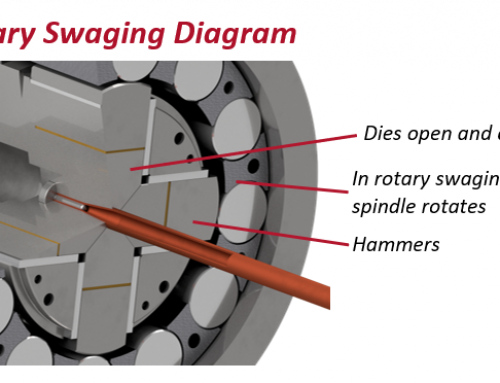Precision metal stamping is an industrial manufacturing process for forming metal parts to high tolerances. The process involves machinery fitted with dies for forming parts from sheet metal and may consist of single or multiple stamping presses. Precision stamping is a highly customizable and adaptable process, making precision stamping machines very beneficial for large-volume manufacturing.
Manufacturers with high precision and reliability needs — such as the automotive and aerospace industries — rely on precision stamping for complex part machining. Using the most recent advanced technologies, precision stamping operations enable fine cuts, bends, folds, engravings, and micro-stamped shapes that exceed the limitations of other metal forming processes.
Fundamentals of the Process
The precision stamping process begins with CAD software to create virtual model parts and simulate the desired stamping operation. Once configured by CAD, manufacturers load process designs into the necessary machinery.
The machinery consists of two kinds of presses:
- Mechanical presses: Mechanical presses rely on a flywheel to generate power and press pressure. They are typically smaller than hydraulic presses and better suited to pressing small, delicate parts. At the low end, mechanical presses can shape metal parts as small as five millimeters.
- Hydraulic presses: Hydraulic presses pressurize liquid to generate power. Adjusting the amount of water in the press gives operators control over the speed and force of the press strokes. Hydraulic presses are versatile and press precision stamping parts between 10 and 800 millimeters in length.
Using mechanical and hydraulic presses, precision stamping operations can apply three kinds of tooling methods:
- Soft tooling: Includes a single-machine process for small-scale production.
- Stage tooling: Involves multiple machines and a team of human workers on the production floor to manually moves machines and parts for different stages.
- Hard tooling: Refers to fully automated operations for high-volume output.
Benefits of Precision Metal Stamping
For turnaround times, reliability, and production quality, precision metal stamping wins out over other traditional metal forming processes. Once operators have programmed the machinery and set the dies, operations can proceed either entirely or mostly automated. This confers two benefits:
- Low production costs: Automated processes require little ongoing labor, bringing down production costs as operations scale.
- High production quality: Being suitable both for automation and customization, precision metal stamping allows manufacturers to maintain high product quality and minimize error rates.
TS Precision’s Proforma Stamping Machinery With FENN
FENN specializes in custom engineering solutions for manufacturers such as aerospace, automotive, and medical devices. As the sole distributor of TS Precision’s Proforma stamping machinery in the United States, FENN gives manufacturers access to the highest-quality precision stamping tools. Proforma’s machines:
- Increase production efficiency by 40% compared to traditional CNC machines.
- Reduce downtime for tooling adjustments and material changes.
- Excel in complex electronics parts production.
- Increase single-machine production speeds.
FENN’s metal stamping machines are design-to-build, with end-to-end assembly and configuration taking place under one roof and under the supervision of our engineering experts.
To learn more about how FENN can solve your complex metal forming challenges, contact us here.



